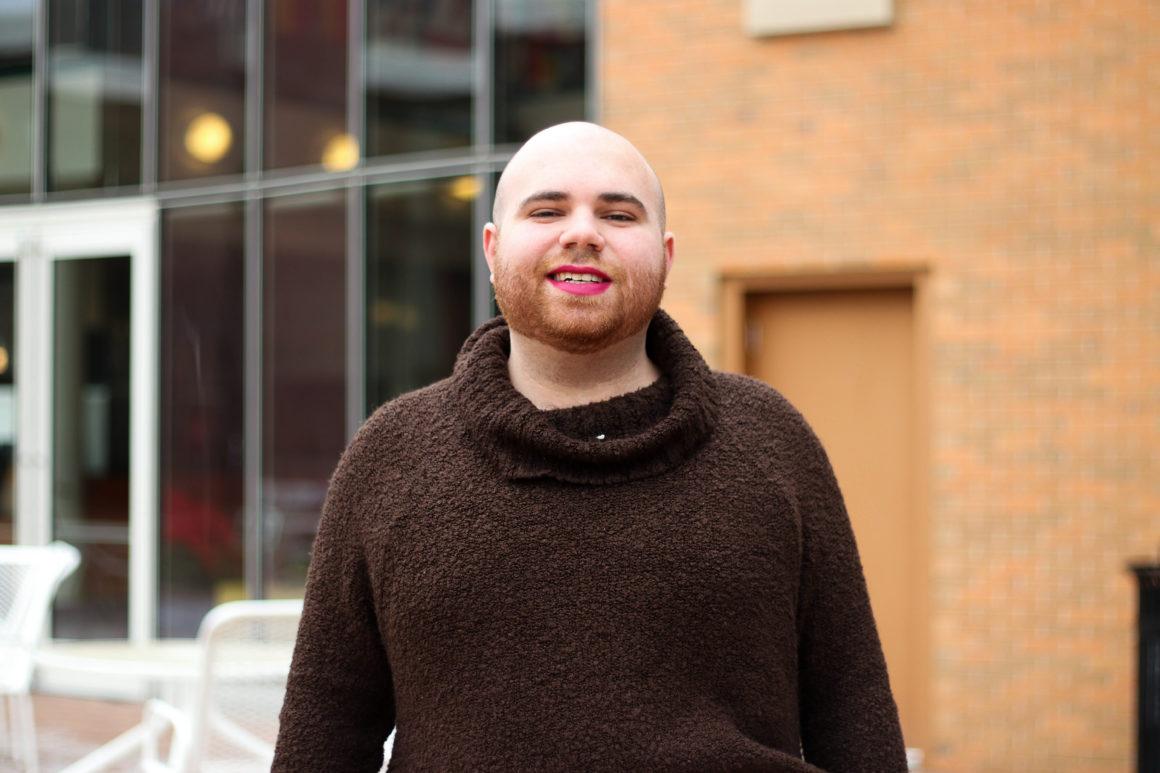
As I was brainstorming for this week’s column, I was unsure of what might inspire my writing for the week. In a humorous way my friend asked me, “Well, Austin, IoWhat is going on in politics this week?” While I appreciated the slight jab at my mildly obnoxious column title, this was also a helpful guide for my writing. Sometimes I have positive and exciting things to write about, like the future of the Democratic Party, or special elections wins across the country. These past couple of weeks are not panning out in the same way.
On Tuesday, April 10, Governor Reynolds signed Senate File 481 into law. In short, it is an “anti-sanctuary cities” bill. Although Iowa does not have any official sanctuary cities or counties, there are many counties that were actively lobbying against this bill. Immigrants’ rights activists from around the state deeply worried about the effect this bill could have on their communities. It is already causing anxiety in many immigrant communities. Immigrants’ rights groups have been getting frantic calls from families and school counselors from across the state.
At the end of the day, this points to an unfortunate reality. The “Iowa nice” that is so often referenced really only applies to a select few in the eyes of Iowan state officials. This law cements the fact that people who are of immigrant status are on thin ice legally, especially those of color. Rather than pursuing a policy that makes Iowa a welcoming state to people regardless of immigration status, the Iowa Republican Party sought to isolate these communities that are often underserved. This makes Iowa xenophobic. This is clear to many people, and it spurred a hashtag pioneered by DACA activist Kenia Calderon of Des Moines. #IowaXenophobic was used to channel some of the deeply held frustration pouring out from the communities that were most affected by this law. I took it as a chance to examine the institutional ways Iowa’s state government has penalized and targeted immigrants of all status. Sadly, many of my peers, who are white native-born citizens, took serious offense. This is probably the most frustrating part. They could not see past the idea that they may not be an active member of the apparatus that is targeting those communities. In reality they are complicit in the oppression of immigrant communities in Iowa. If you voted for the Branstad administration in 2014, you are complicit. If you voted for one of the legislators that voted in favor of Senate File 481, you are complicit. If you didn’t fight against this awful legislation, you are complicit in a xenophobic administration.
This is really a callout for the privileged Iowans who chose not to fight against this. As I wrote two weeks ago, “our liberties we prize, and our rights we will maintain” should not just be a nice slogan on a flag. There is a need for action on an institutional level. First, we need to repeal this harmful bill. We also need Iowa to adopt sanctuary policies for state and local law enforcement, where they will not cooperate with federal immigration authorities. ICE is an agency devoted to tearing families apart and terrorizing innocent people. They have been consistently documented employing unconstitutional practices. These include racial profiling and holding people in detention centers for unspecified amounts of time. They take brutal actions in their approach to immigration laws, but this is something most people are not familiar with.
We must take actions at all levels, including at the most local. This includes advocating for local governments avoiding working with ICE. It can go even further, with the Grinnell school district taking steps similar to those taken by the Des Moines Independent School District. That district centralized all requests by ICE to enter school boundaries to go through the Superintendent and supported the rights of immigrant students. Grinnell College could even go further than its these statements. Given the school’s response after the Trump Administration declared the end of the DACA program, Grinnell should be making bold steps that mirror those made in the past on social justice issues. We should also make sure that we are personally supporting immigrant communities. That includes supporting international students here in Grinnell. Many international students are familiar with the sting of people telling them to “go back to where they came from” or the alienating stares when they speak a language other than English. We need to do better. Iowa needs to do better. Our country needs to do better.
— Austin Wadle ’18





















































